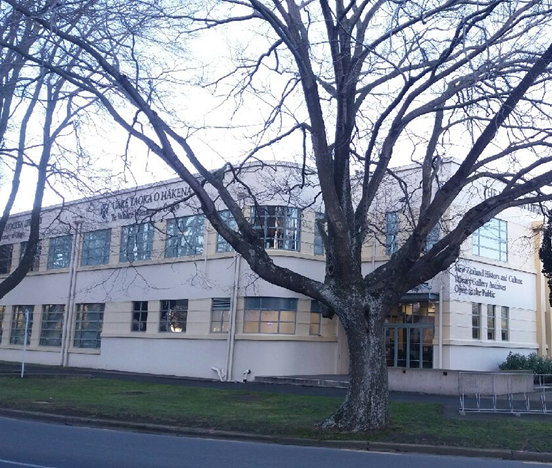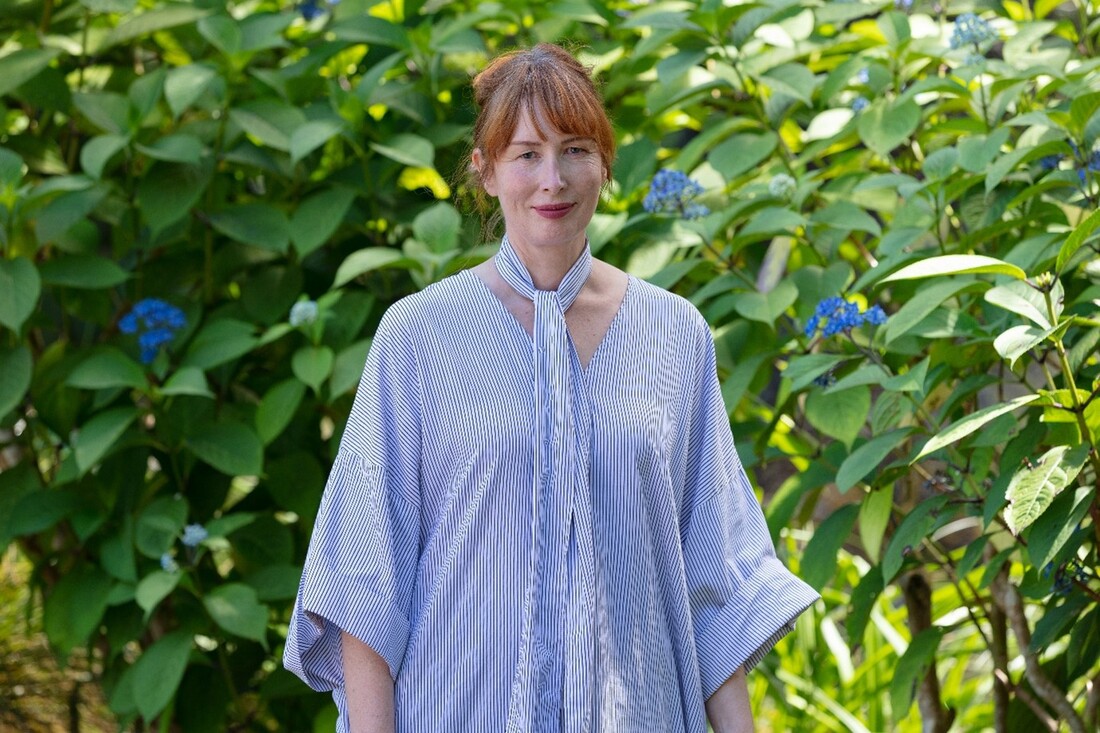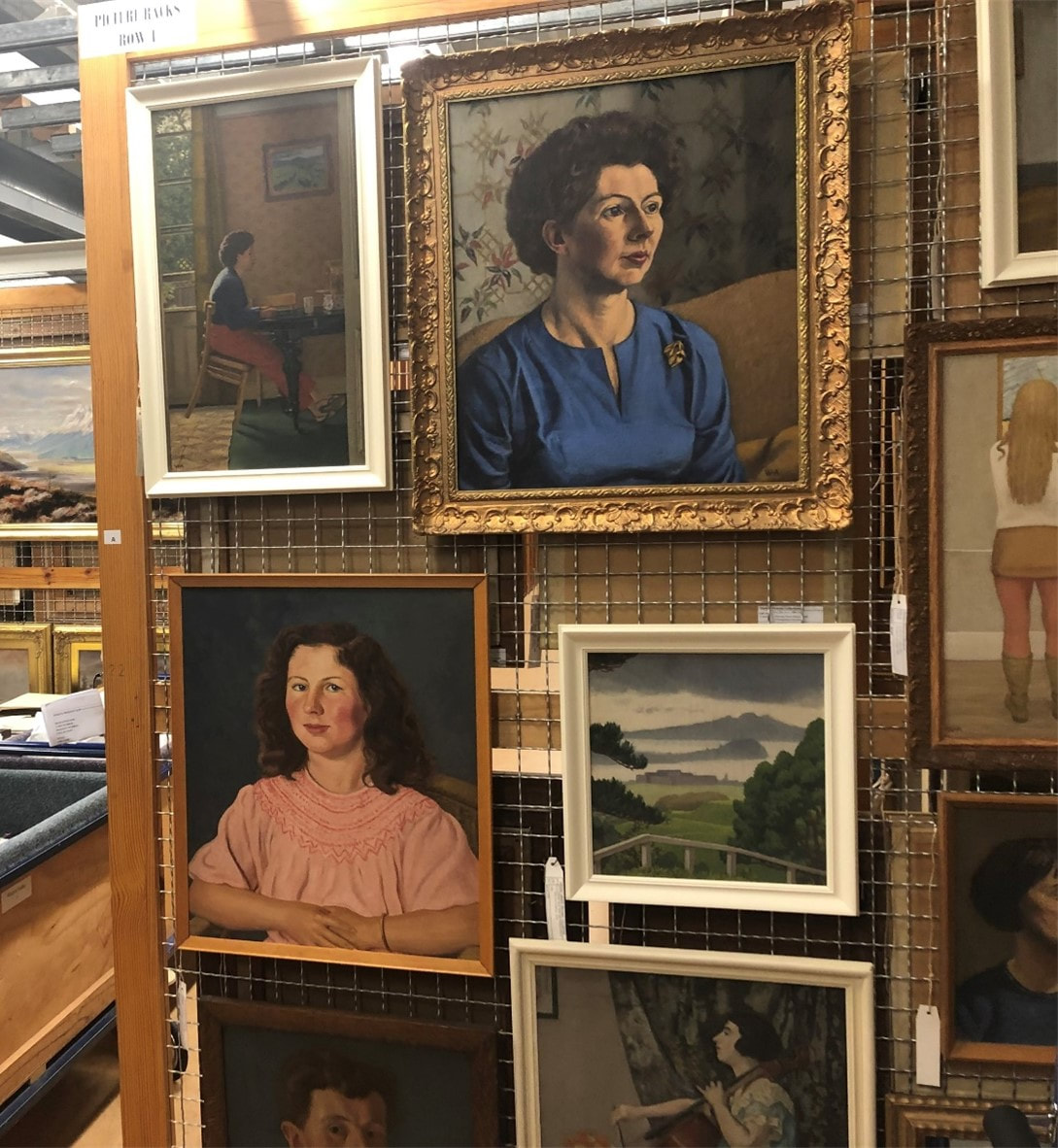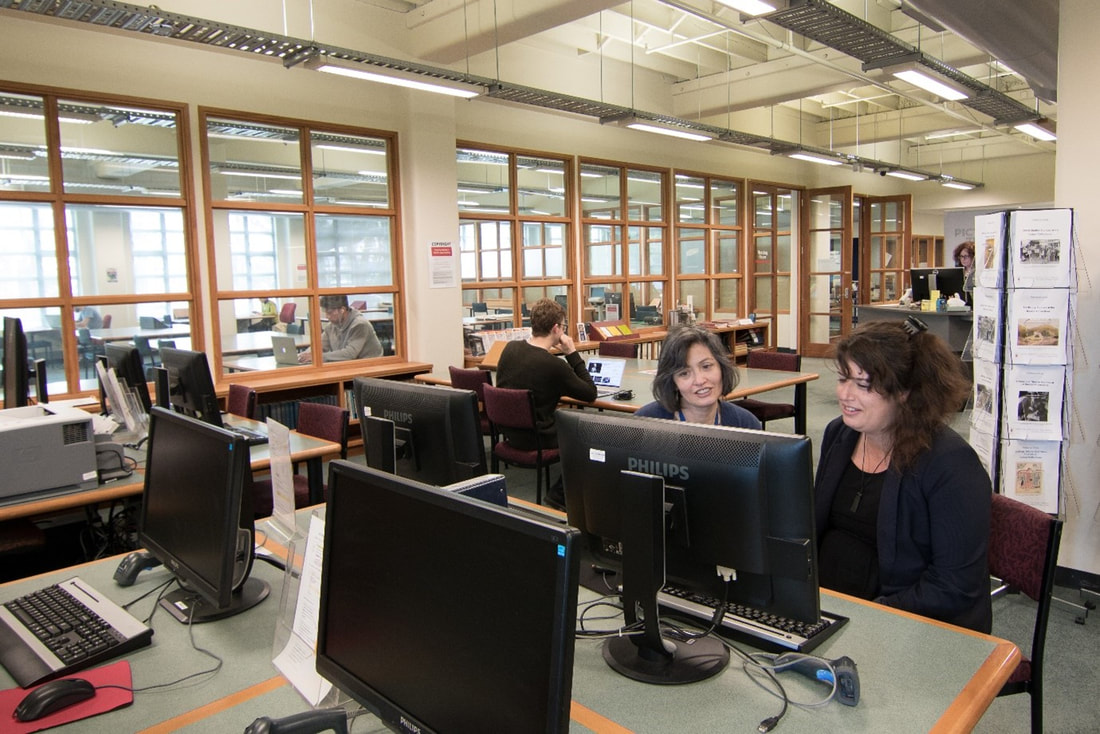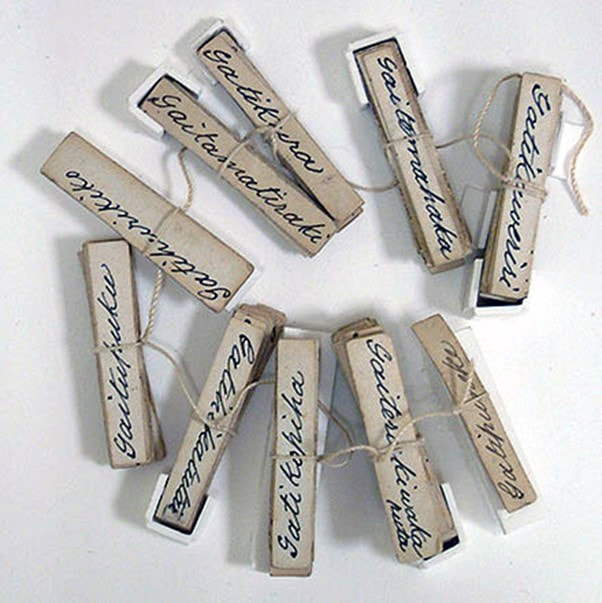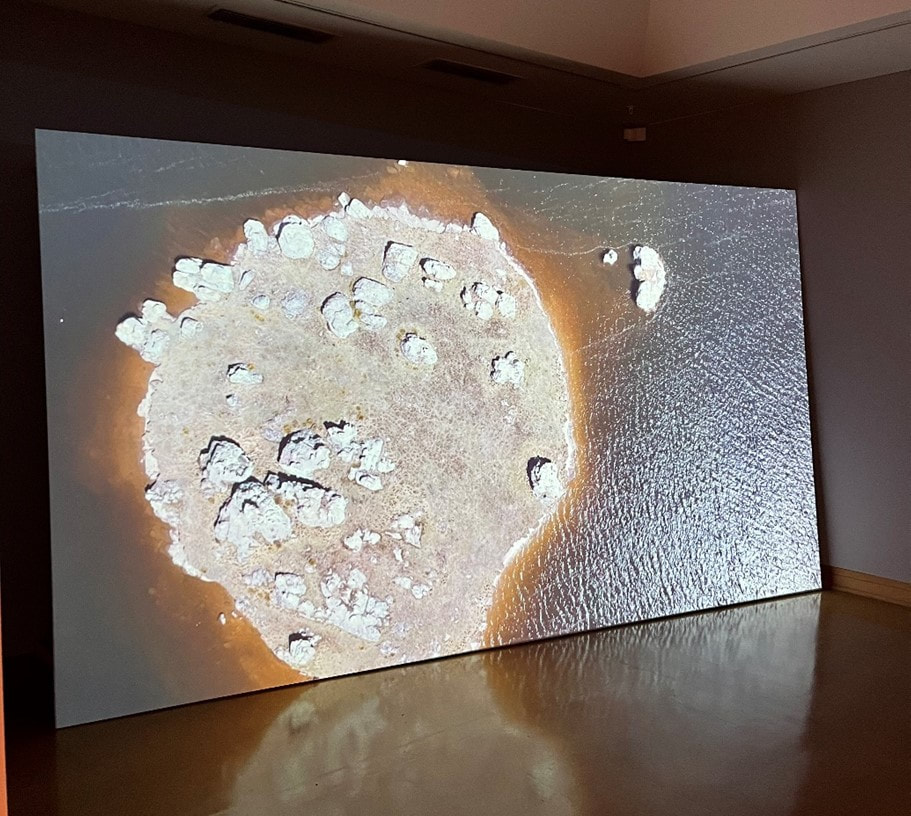Hocken Collections
Hocken Collections Uare Taoka o Hākena at the University of Otago is one of Aotearoa New Zealand’s foremost research libraries, galleries and archives. Established in 1910, it documents life and culture in New Zealand and the Pacific, with strong holdings on Te Waipounamu, particularly Otago and Southland. These include collections of importance for Māori and for Kāi Tahu. There are teaching, learning and engagement resources for Otago University academics and students and the Hocken is a place for all researchers and the wider public to enjoy.
|
|
THE HOCKEN TEAM
The Hocken team includes curators, librarians, archivists, image and exhibition technicians, a registrar, collection and general assistants, all based at our building on Anzac Avenue, a few minutes’ walk from the main University campus. We have recently appointed a Head Curator Māori (Jacinta Beckwith), Māori Archivist (Rauhina Scott-Fyfe) and Curator Art (Hope Wilson) with a strong focus on kaupapa Māori. Special Collections at the University has now been brought under Hocken’s administration with two combined curatorial roles established. We are also developing a new digital imaging unit to support increased activity in this area. HOCKEN COLLECTIONS A key feature of Hocken is that that our collections are geographically focused. We collect material on Aotearoa New Zealand and the Pacific, early Australasia, and Antarctica, with a particular emphasis on Otago and Southland. The foundation of the collections is the 19th century material on early Aotearoa and the Pacific gifted by Dr Thomas Hocken. Since then, it has expanded to include major 20th and 21st century holdings of New Zealand published, archival and pictorial documentary heritage, and substantial map, music and ephemera collections. Among the collections are the papers of James K Baxter, Charles Brasch, Colin and Anne McCahon, Herries Beattie, and Hone Tuwhare. We care for one of Aotearoa’s most comprehensive art collections with over 18,000 works and over two million photographic images. A key question for us is: How is collecting changing in the digital age? Our collections are the result of the massive growth of cultural heritage print collections in the 20th century. But whose stories were told? And what of the 21st century? A review of our Collection Development Policy in 2023 will be an important tool for discussion and transformation. PUBLIC ENGAGEMENT AT HOCKEN Creating meaningful connections to historic and contemporary recorded memories is a significant part of our work with documentary heritage collections. Public engagement – both onsite and online – is a key focus for Hocken, with a focus on sustainable collection growth and practices. Our collections are used by 3000-5000 researchers a year both onsite and through remote enquiry, and around 1000 students in a variety of classes ranging from secondary school students through to postgraduate level. Hocken contains archives of particular significance to mana whenua, Kāi Tahu. Otago alumni funding is enabling us to start a pilot project working with rūnanga and Ngāi Tahu Archive on identifying and digitising key material. One of the archives identified to digitise is the Herries Beattie Papers (1848-1972) that document knowledge and memories of Te Waipounamu Māori, and were inscribed on the NZ UNESCO Memory of the World in 2018. Another important engagement activity for us are exhibitions shown at our Hocken Gallery and drawn from our own collections. Each year we collaborate with the University of Otago’s Frances Hodgkins Fellow to present an exhibition and publication featuring the new art made during their year-long artist’s residency. The 2022 Fellow, Sorawit Songsataya’s exhibition Nirun opened on March 18 and features limestone sculptures, prints, films, LED animations and 3D images evoking the Otago landscape and acknowledging te Ao Māori and Thai belief systems. HOCKEN SOCIAL MEDIA LINKS Website: https://www.otago.ac.nz/library/hocken/ Facebook: https://www.facebook.com/DocHocken/ Twitter: https://twitter.com/DocHocken Hocken blog: https://blogs.otago.ac.nz/thehockenblog/ |

